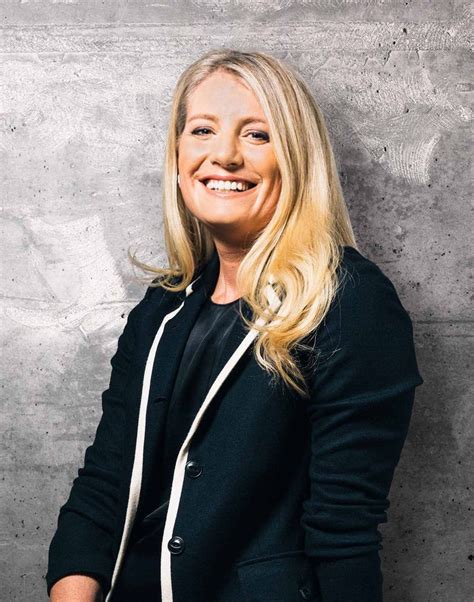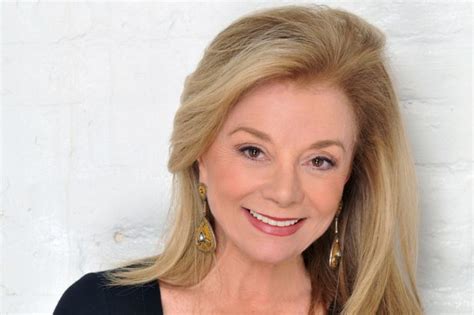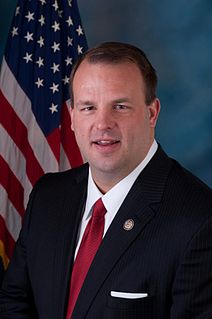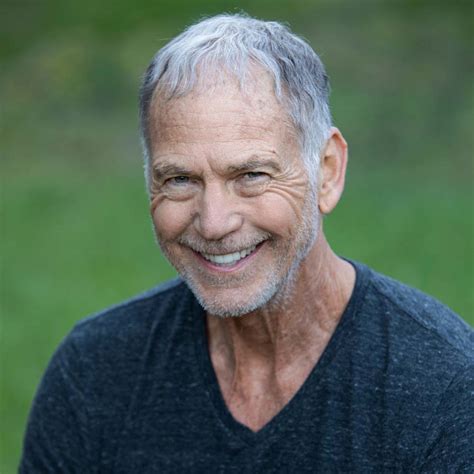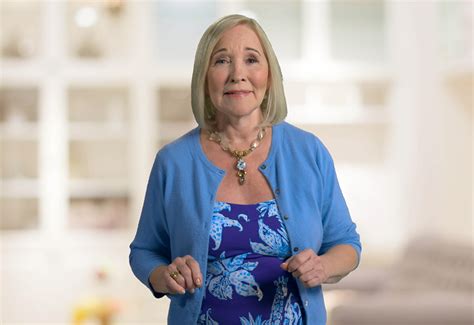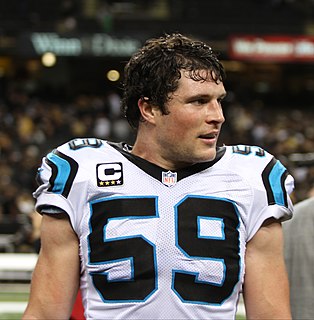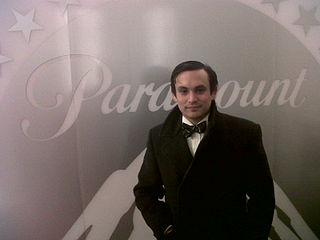A Quote by Alexis Maybank
If you recognize how you are most effective - whether it's how you present yourself or whether it's how you speak, how you convey enthusiasm - when you realize what makes you feel like your most confident self, that's when you are going to be your best. You just have to figure out what makes you effective in your environment. As long as you get that right, they are always going to remember you a lot more!
Related Quotes
When you are writing a spoken word poem, the tools you're working with are your voice, your body, how it's going to sound to someone when you're saying it out loud. Which is different from when you're writing it on the page. That toolbox becomes how does this look visually on the page, how does this read among pages, how is this in relation to poems that are before it or after it. I don't think one is better or more successful than the other. You've just gotta think about "what are the tools I'm using, and how are they most effective in this form?"
Figure out what you want, how you want to feel, whatever your motivation is, you have to figure it out. That's step one: where do you want to be? The next thing is just trying to get there and cutting yourself some slack along the way. You're going to have days when you veer off your path, then just get right back on. We all have cheat days, holidays, or celebrations, whatever or period when we can't work out as much as we like, and just do the best you can and when you can get back on track, get back on track.
"Spirituality" in business sounds lofty. How practical is it? The answer is "very." There's a fundamental way in which Spirit and consciousness contribute to worldly success-and it has long been ignored. [. . .] As experts, authors and gurus often note, the game of business is to influence the external world. But here's the point: How can you control your environment if you can't even manage your own thoughts and emotions? In other words, how do you rule the world without first mastering yourself? The cornerstone of effective leadership is self-mastery.
The whole point of getting control of health is to regulate everybody's life and look at how they decide now whether somebody should get treated or not: age, how sick are you, how much it's going to cost to invest in your recovery and are you going to recover. And when the government is in charge of making those decisions and not you and your doctor.
Your life does matter. It always matters whether you reach out in friendship or lash out in anger. It always matters whether you live with compassion and awareness or whether you succumb to distractions and trivia. It always matters how you treat other people, how you treat animals, and how you treat yourself. It always matters what you do. It always matters what you say. And it always matters what you eat.
Your emotions are your inner guidance system. They alone will let you know whether you are living in an environment of biochemical health or in an environment of biochemical distress. Understanding how your thoughts and your emotions affect every single hormone and cell in your body, and knowing how to change them in a way that is health-enhancing, gives you access to the most powerful and empowering health-creating secret on earth.
I think football is a lifestyle more than anything. It's how you eat, it's how you sleep, it's how you conduct yourself. It's just everything you do you have to keep in mind, is this going to help or have a positive impact on how my practice is going to be, how my workout is going to be, how the game is going to be.
When I was in my early twenties, I fell in love at least 20 times a day. You have to be with someone where you think: if the world was full of people like you, I could not be monogamous. As you get older, you get to know yourself a little more. The older you get, the more you realize what you need. And you also realize how your choice in relationships is influenced by how you grew up. Now I feel like I've explored the dynamic of how I grew up, and I'm free to find someone who's really going to be a wonderful companion.
Your identity, self-esteem, and awareness of your ego lay the groundwork for your life. How you conduct yourself with others, and whether you have the strength to make your way without needing to ask for another's permission, depends on how well you succeed at the many challenges that awaken your need to take charge of who you are.
I was kind of scared at first to do that [vice-over] because when you're on set, a lot of the things going on around you - the environment and playing off other actors - and that's what makes it easier and helps you to be in your character. So, realizing you're not going to have that and you're going to be secluded in this booth, it's like, "How am I going to be a character when I'm just in these walls?"
What does it matter how cultivated and up-to-date we are, or how many thousands of books we’ve read? What matters is how we feel, how we see, what we do after reading; whether the street and the clouds and the existence of others mean anything to us; whether reading makes us, physically, more alive.
